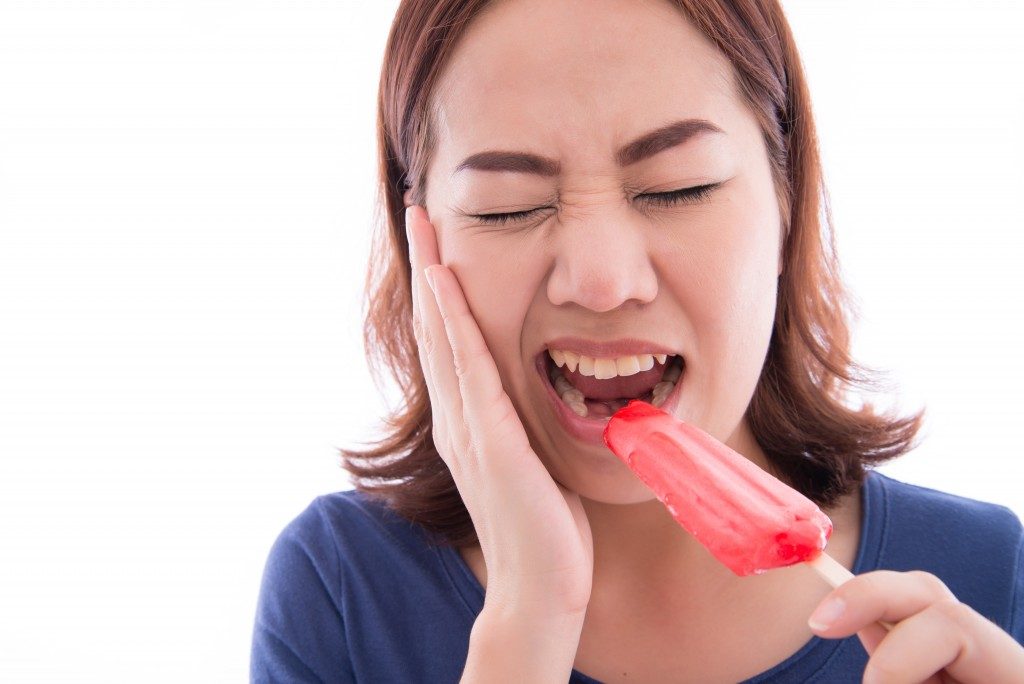When you’re suffering from a terrible, throbbing toothache, you know there’s something wrong. But of course, you need to determine what exactly is wrong. More often than not, these are the culprits behind that kind of pain:
Cavities
Of course, this tops the list. The reason cavities hurt is that the damage has already gone beyond the enamel and reached the inner structures of the tooth. If the decay has already reached the dentin, your dentist may recommend dental fillings. But if it has affected the pulp and nerves, then you may need to get a root canal. Some cases also require oral surgery, especially when there’s a risk of infecting the conjoining bones. The best way to avoid the worst-case-scenarios is to maintain excellent dental hygiene. Brush teeth regularly — and properly. Not rushing into it. Not aggressively doing it. Of course, it’s also important to keep up with regular dental appointments. Get professional cleanings. Have your dentist check the over-all status of your teeth. This way, you can manage already minor problems before they become serious.
Fractures
This simply refers to cracks or splits in the tooth. When you use your teeth for opening bottles, untying knots, or chewing ice, you can be vulnerable to developing such fractures. In the same manner, when you’re fond of playing sports, but not using mouth guards during sessions, you might suffer from fractures, if you run into accidents. The reason this dental problem results in throbbing pain is that the crack can allow certain stuff to get into the tooth and infect nerves. This includes tiny food particles, water, or bacteria. To treat this, dentists usually recommend a veneer or a filling. Sometimes, they also place a cap or a crown on the affected tooth. But of course, the best way to deal with fractures is prevention. Don’t put unnecessary stress on your teeth by using it against hard objects. Wear mouth guards as well when playing sports.
Impacted Wisdom Tooth

The pain happens when the wisdom tooth can’t properly erupt through the gums. This affects the surrounding teeth and increases the risk of decays over time, which adds to the pain. For this reason, dentists suggest wisdom teeth removal. Taylorsville, Utah-based practitioners say that procedures often last for about an hour and a half. They use one of the different types of anesthesia, depending on the patients’ comfort level and the complexity of the extraction. After the surgery, you may take pain relievers and apply ice packs to relieve the swelling. Pay attention to what you eat. Go for softer food, like mashed potatoes, broths or soups, apple sauce, or smoothies. Avoid acidic and spicy food, as this will only aggravate the pain. Stay away from grains also, because the tiny particles can easily get trapped in the area where the tooth has been removed. That can increase irritation. Consult your dentist what else you can do to relieve the pain after surgery.
Do You Have a Throbbing Toothache?
The best way to know what’s causing that throbbing pain is to ask your doctor. Take note of the other symptoms you’re experiencing and discuss it openly with them.

